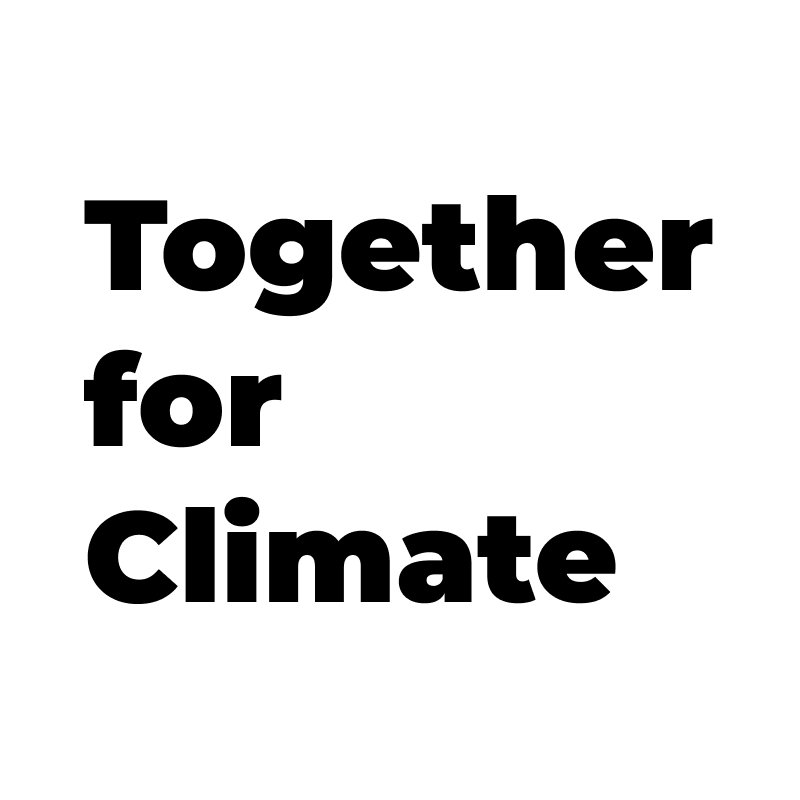WHO reveals framework to help tackle climate change
A new groundbreaking framework published by WHO addresses climate-change-related health issues.
The World Health Organization (WHO) has introduced a groundbreaking Operational Framework aimed at constructing health systems that are both climate-resilient and low-carbon. This is a first for WHO, showcasing just how pressing the issue of climate change has become.
This framework is also the perfect timing for the upcoming United Nations Framework Convention on Climate (COP-28). This comprehensive guide seeks to fortify health systems against climate-related challenges while concurrently decreasing greenhouse gas emissions, safeguarding the well-being of communities worldwide.
Dr Tedros Adhanom Ghebreyesus, WHO Director-General, highlights the dual responsibility of health systems—to withstand climate impacts and reduce their carbon footprint. This Framework serves as a roadmap, offering countries a clear strategy to fulfil this dual role. He said; "Around the world, health systems are vulnerable to the impacts of climate change, but they also contribute to it."
As global temperatures continue to soar and extreme weather events escalate, the urgency for climate-resilient health systems has never been more pronounced. The WHO's Framework presents a forward-thinking approach to tackle this challenge, aiming to protect and enhance the health of populations amidst an unstable climate.
It also makes efforts to ensure that these efforts are also low-carbon. It underscores the need for optimising resource usage and implementing strategies to reduce greenhouse gas emissions, all while prioritising climate resilience. This not only positions the health sector as a role model in reducing its 5% global greenhouse gas contribution but also enhances the quality of care. It's addressed the issue of "treating the symptom, not the problem" that many bodies and companies seem to avoid.
Tailored pathways within this groundbreaking framework allow health systems to bolster resilience and decarbonise based on their performance, emissions, and climate capacity. It addresses the unique challenges faced by low-income countries, emphasising the expansion of energy access and health services for universal coverage. This aligns with WHO's commitment to delivering quality healthcare services and combating climate change, regardless of location. This is especially important considering that low-income countries suffer disproportionately as a result of climate change.
Key objectives of the Framework include guiding health professionals in collaborative climate risk management, strengthening health systems for climate resilience, supporting targeted interventions for risk and emissions reduction, and defining roles for health decision-makers in climate resilience.
Implementing this Framework extends benefits beyond healthcare, contributing to universal health coverage, global health security, and United Nations Sustainable Development Goals. Developed at the request of Ministers of Health from over 75 countries, the Framework emerged through collaboration within the Alliance for Transformative Action on Climate and Health (ATACH).
This document not only serves as a guide for health organisations but also provides valuable insights for decision-makers in health-related sectors. As part of a future-proof and sustainable health sector blueprint, the WHO's Operational Framework charts a course for health systems to navigate a changing climate, reduce emissions, and contribute to global health goals.
COP-28, featuring a dedicated Health Day, will underscore the importance of integrating public health priorities into climate discussions, marking a historic occasion. While it may be an eerily sad consequence of just how devastating climate change has become, addressing the health impacts is essential and this framework sets the tone for the future.
Of course, reversing global warming is an integral part of fighting all the side effects that come with climate change, such as health issues. We offer effective climate subscriptions that protect 0.1 acres of rainforest and keep approx. 14.1 mT of CO₂e safely stored, by tackling the root issue of climate change, climate-related health issues will inevitably decrease as a result.
